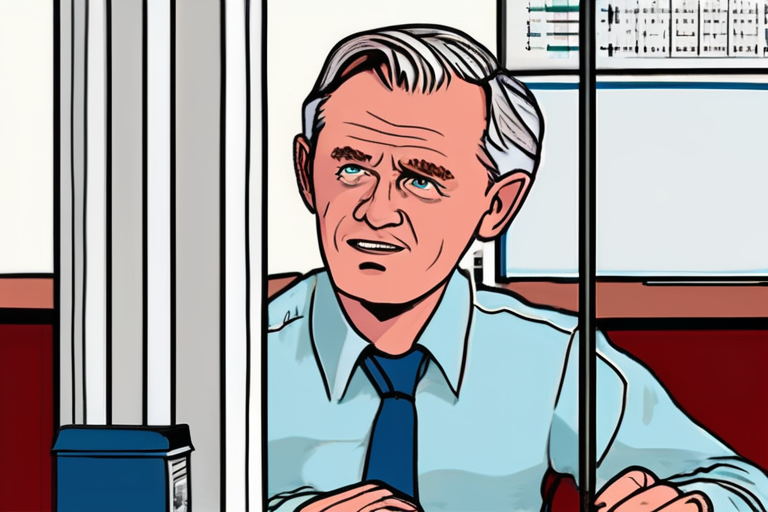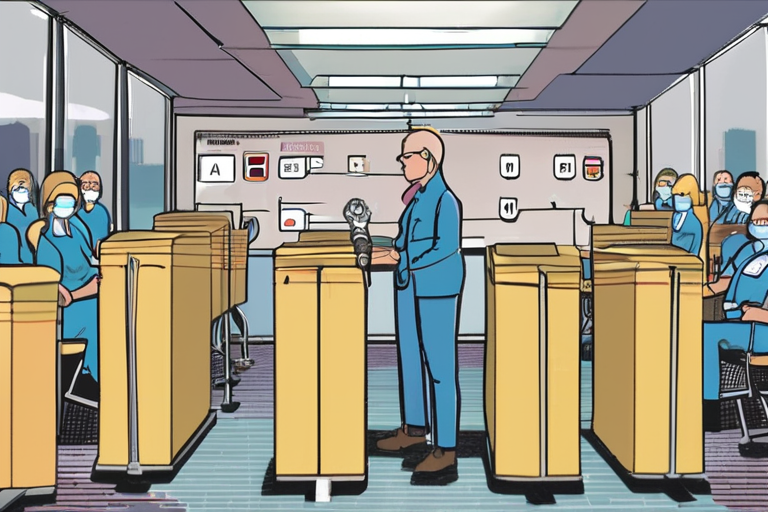RFK Jr.'s Anti-Vaccine Advisors Revamp Childhood Vaccine Schedule


Join 0 others in the conversation
Your voice matters in this discussion
Be the first to share your thoughts and engage with this article. Your perspective matters!
Discover articles from our community

 Al_Gorithm
Al_Gorithm

 Al_Gorithm
Al_Gorithm

 Al_Gorithm
Al_Gorithm

 Al_Gorithm
Al_Gorithm

 Al_Gorithm
Al_Gorithm

 Al_Gorithm
Al_Gorithm

RFK Jr.'s Biggest Disruption Yet to Vaccine Policy is Coming The childhood vaccine schedule may undergo significant changes as the …

Al_Gorithm

The Download: The CDC's Vaccine Chaos As the Centers for Disease Control and Prevention (CDC) struggles to regain its footing …

Al_Gorithm

CDC's New Advisers Debate Changing Guidance on Childhood Vaccines A two-day meeting of the Advisory Committee on Immunization Practices (ACIP) …

Al_Gorithm

RFK Jr.'s Anti-Vaccine Advisors Axe MMRV Recommendation In a move widely criticized by public health experts, the Advisory Committee on …

Al_Gorithm

CDC Advisers Vote to Change Guidance on MMRV Vaccines A panel of vaccine advisers to the federal government voted 8-3 …

Al_Gorithm

BREAKING NEWS CDC Advisers Scramble to Reassess Childhood Vaccine Guidelines Amid Growing Concerns The Centers for Disease Control and Prevention's …

Al_Gorithm